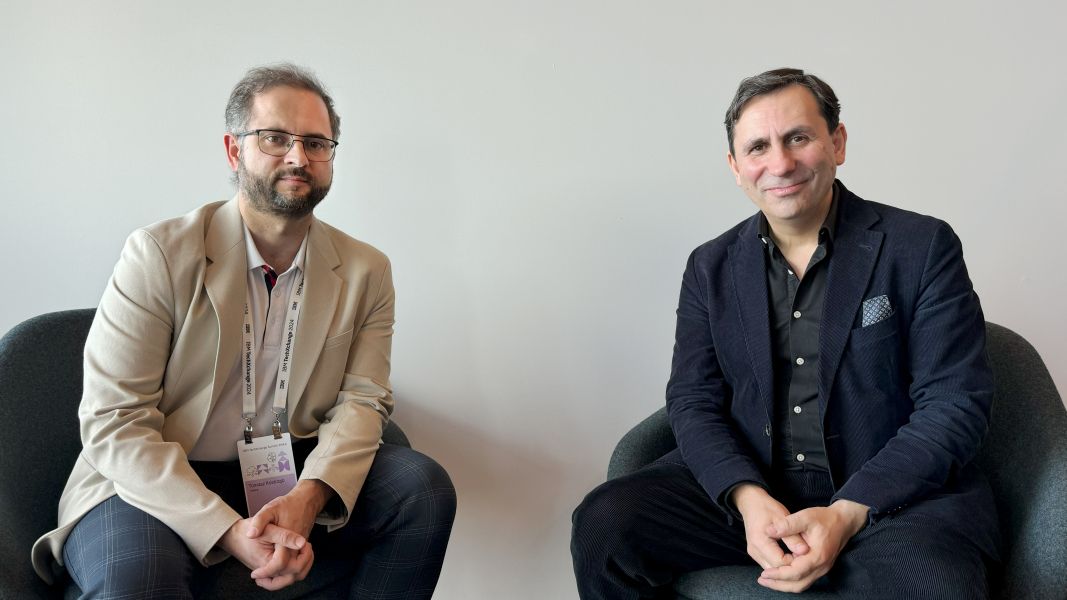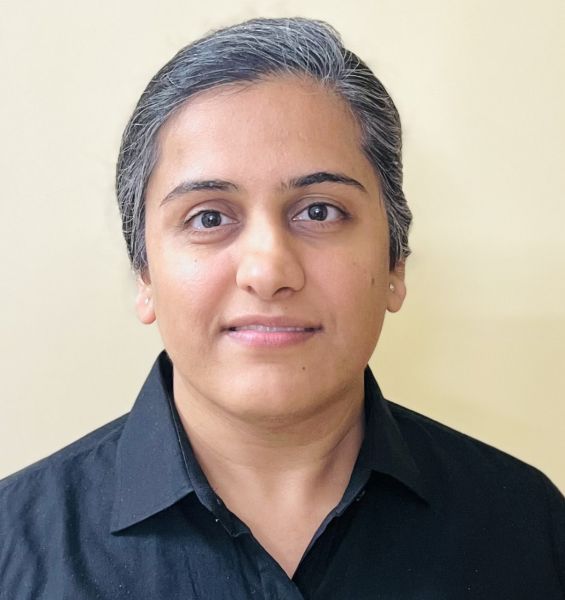Dinis Guarda interviews Tomasz Kostrzab, Chief Technology Officer at TUATARA, a consulting company that leverages technology to facilitate business transformation, in his YouTube podcast. The two discuss enterprise transformation, integration architecture in the era of AI and data, and watsonx applications at TUATARA. The interview, in partnership with IBM TechXchange Summit EMEA 2024, Barcelona, is powered by Businessabc.net and citiesabc.com.

Tomasz Kostrzab is the Chief Technology Officer at TUATARA. With over two decades of experience, Tomasz is an expert in information technology and services, particularly in areas such as business process, enterprise transformation and application architecture. A former IT Architect at IBM and a graduate of Warsaw University of Technology, Tomasz is well-versed in cutting-edge technologies such as Service-Oriented Architecture (SOA) and Integration Architecture.
TUATARA is a technology and consulting company that revolutionises customer experiences by integrating technology solutions within the business framework. With a mission to drive digital transformation by creating enchanting experiences, TUATARA offers an extensive range of services, from back-end integration solutions to process digitalisation and the creation of pioneering business models.
“We can see the world is not stopping but moving ever faster towards the future. So, we are trying to help our customers to adapt to the changing world”, says Tomasz.
During the interview, he told Dinis about the solutions offered by TUATARA:
“The company started in 2014 and from the very beginning the idea was to combine business solutions from different areas like digital landscape, UI/UX design, application development and applying machine learning and AI Technologies as part of it. Over the time, we managed to develop our own products, one of which is the Actionbot. We have another product around the finance and tech landscape, which is called Fintin. Above all, we strive to deliver an end-to-end experience for our customers. By end-to-end I mean we can start from analysing the needs of the customers and then combine it on deep integration with backend applications like billing CRM systems. Over time, we seek to adapt new technologies as part of these transformations for our customers.”
TUATARA: Building an integration architecture in the era of AI and data
TUATARA empowers to create and sustain robust integration services essential for ensuring companies a seamless business process automation. Through its Service-oriented architecture (SOA), the company helps businesses organise their software applications into a collection of loosely coupled, interoperable services, each representing a specific business functionality. These services encapsulate tasks, data processing or interactions integral to various business process components, fostering adaptability and reusability.
“Beyond customer experience and user design, there are lots of other things such as security, machine learning models that are being used over there. Integration of all this is still very important with various non-functional requirements that we need to cover during the project implementation and delivery. It is an interesting, but also a challenging ecosystem, especially for large enterprises. This is crucial for us and this is something that distinguishes us from other companies: not to deliver only part of the solution but an end-to-end solution for the customer”, Tomasz tells Dinis.
Speaking about an integrated architecture of providing solutions, Tomasz said:
“What I can see over the time is that without really knowing the source of the issue, one trying to solve it straight away, fails. So first of all, understand. Understand what your customer requires and then build a solution for them, because there is definitely no one-size-fits-all solution. You need to again adapt to it from a really well-defined architecture perspective. Enterprise architecture is very often crucial, especially for smaller businesses or startups. I’m always in favor of extension of the current architecture rather than big boom solutions that are changing everything. With your solution, you need to understand how it matches with the products they have, different components, for example order processing or task management. Some customers already have such components. So, we integrate with them instead of introducing our own. Adaptation is therefore very important.”
TUATARA and IBM partnership: Building solutions on underlying watsonx technology
“We are providing services on top of IBM products”, says Tomasz. “But what I think is important for us as well, is that we are developing our own solutions based on IBM products. So, one of the good examples of this kind of implementation in collaboration with IBM is Actionbot. When choosing IBM as a base technology for our embedded solutions, we took three factors into consideration: we wanted to have a solution that would be open. By open, I mean easy for us to customize and extend to the needs of our clients.
The second was security. As we know, IBM is a security leader when it comes to the enterprise solution. And the third thing that was important for us was the business model.”
Speaking about the real use cases of this partnership, Tomasz told Dinis that Actionbot combines IBM watsonx Assistant technology with multi channel automation and integration developed by TUATARA. This Actionbot allows virtual assistants to fit seamlessly into existing customer service workflows. Generali Poland used the Actionbot solution by TUATARA to help reimagine its customer service experience. He also highlighted that TUATARA was able to turn the company’s needs into a working solution: Leon, a virtual assistant built with action.bot.
“This is one of the biggest insurance companies in the world. We managed to deliver the full solution within weeks after it was deployed and it is working well. After one month, the customer came and said we managed to double or even triple the number of closed conversations. We also handled the response to the queries from 20 – 30 queries during the day to 200 – 300. We still have the option of transferring the conversation to a live consultant, because in some cases it doesn’t make sense to automate them. So, we combine automation with the support from the customer agent. Right now, we are working with the same customer on identifying new opportunities.
Other channels include mail bots that are going through mails that can be analyzed and even replied with a generated response using LLMs.”
Concluding the interview, Tomasz says:
“It is important to keep it open, and to provide solutions. I always try to create solutions that are open to change. We talk about adoption and change and having open solutions. We build solutions that need to survive years, not only a few days. We make that possible.”

Pallavi Singal is the Vice President of Content at ztudium, where she leads innovative content strategies and oversees the development of high-impact editorial initiatives. With a strong background in digital media and a passion for storytelling, Pallavi plays a pivotal role in scaling the content operations for ztudium’s platforms, including Businessabc, Citiesabc, and IntelligentHQ, Wisdomia.ai, MStores, and many others. Her expertise spans content creation, SEO, and digital marketing, driving engagement and growth across multiple channels. Pallavi’s work is characterised by a keen insight into emerging trends in business, technologies like AI, blockchain, metaverse and others, and society, making her a trusted voice in the industry.


























